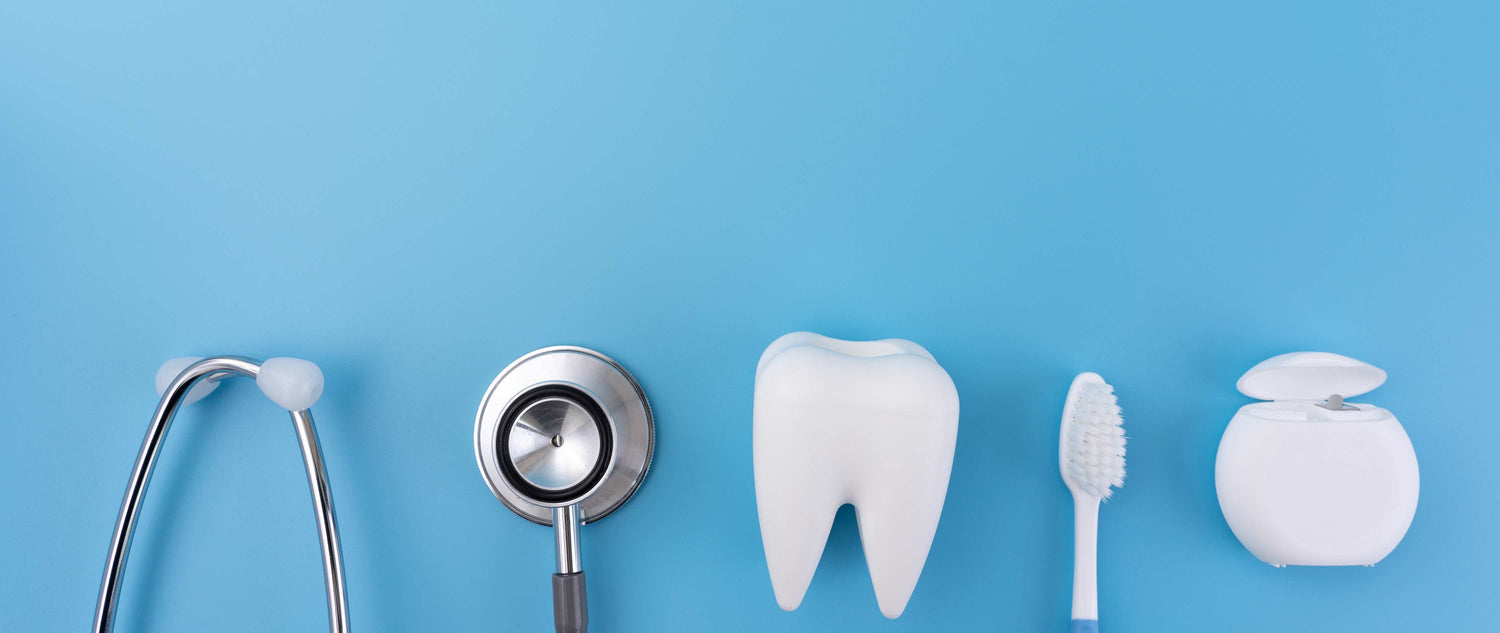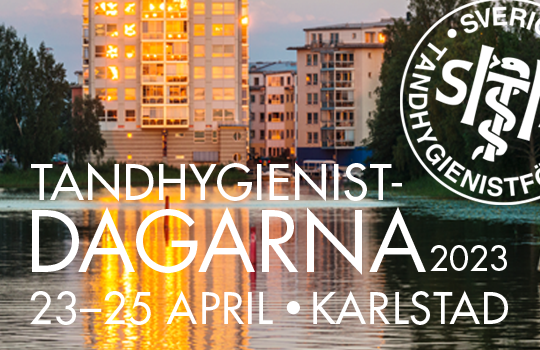The link between oral and general health is widely understood, but is this reflected in Finland's health care system and people's oral health? To mark World Health Day, Jukka Meurman, Professor Emeritus of Oral Infectious Diseases, and Tommi Pätilä, cardiac and transplant surgeon at the New Children's Hospital of HUS, reflect on the issue from the perspective of oral health.
World Health Day, launched by the World Health Organisation (WHO), is celebrated worldwide on April 7 to raise awareness of various health concerns. This year's theme – Health for All – focuses on health equity. In other words, the state in which everyone has a fair and just opportunity to attain their highest level of health.
What about health equity in Finland? Does everyone have equal opportunities to attain their highest level of health in Finland, a country ranked the world's happiest for the sixth year in a row in 2023?
Health inequality is a national challenge also in Finland. Also, in terms of oral health equity. Although the health of Finns has improved considerably over the last decades, according to indicators such as morbidity, work capacity, and mortality, poverty and exclusion are also reflected in Finns' teeth and oral health.
Poor socio-economic status and low education and income levels have a negative impact on oral health. The Finnish Dental Society Apollonia has warned that there is still a lack of comprehensive and adequate oral health care services for the adult population. The poor oral health situation in Finland is also reflected in children.
According to Professor Jukka Meurman, the lack of resources for public oral health care is also directly reflected in the quality of oral health care for people with physical disabilities and, thus, in the prevalence of oral diseases. There is also an urgent need for more staff trained in oral health care for people with disabilities.
Cross-border cooperation for more efficient use of health resources
Oral health is directly linked to a person's overall health and well-being. However, oral health problems are challenging because they are often asymptomatic and may go unnoticed. Undetected chronic oral infections such as caries and periodontitis can contribute to the development of serious diseases such as cardiovascular disease, diabetes, and cancer and, for example, increase the risk of premature birth in expectant mothers (1).
- Although the link between oral health and general health has been discussed since ancient times, much remains to be done, especially among the public. The issue is becoming well understood in the medical profession, but there is still a need to add dental education to medical curricula and vice versa, says Meurman.
According to the WHO, periodontal disease is estimated to affect around 19% of the world's adult population. This means more than one billion cases worldwide.
In Finland, it is estimated that up to two out of three people over 30 suffer from periodontitis. The disease is even more common in people with diabetes. If left untreated, persistent gum disease can put people at risk of tooth loss - but it is also linked to severe heart events.
According to a study, the first heart attack is 30% more common in people with periodontal disease than in healthy people of the same age (2).
According to Meurman, many doctors in Finland check the oral health status of their patients in their practices and refer them for further treatment if necessary. Diabetes, for example, is a good example of a disease where the importance of latent inflammation is already widely understood.
Meurman further believes that cooperation between doctors and oral health professionals in Finland should be significantly increased, even during basic training. This would make sharing the workload and managing the health workforce easier. Finland should also consider offering new training programs to ease the shortage of resources in the dental healthcare sector.
- While current dental training takes 5-6 years, an "oral health therapist" training course would only take about 2.5 years, Meurman suggests.
The ideal situation would be for dental training to be similar to specialist training in, say, ophthalmology. Moreover, many practical dental procedures could be carried out by specialists with a university of applied sciences degree.
Meurman admits that such a situation has not yet been fully achieved anywhere in the world. However, in countries such as Singapore and New Zealand, professionals receiving Oral Health Therapist training have, for many years, already eased the workload of dentists. Oral Health Therapists examine dental decay and gum disease and provide routine dental treatments such as teeth cleaning, polishing, teeth extraction and treatment for patients under the prescription of dentists.
Preventive oral care brings benefits to individuals and society
Tommi Pätilä, a cardiac and transplant surgeon at the New Children's Hospital at HUS, believes that oral health is not sufficiently taken into account for patients coming to specialized care. The problem is the frequent lack of time. In specialized care, it is easy to think that a dentist can examine the patient's mouth in due course.
Oral health should always be considered at the basic examination stage for hospital patients. The information should be regularly recorded in the medical records – just like blood pressure values are routinely monitored, says Pätilä.
More resources for oral health care would be necessary for Finland. It would also be economically worthwhile for society, as it would help prevent the onset of many general diseases.
According to Meurman, preventive health care, including using the antibacterial Lumoral method to improve oral hygiene, will quickly pay for itself.
Pätilä stresses that investing in oral health care and prevention would reduce the development of chronic diseases and the exacerbation of those that have already developed. This would be particularly important for people with cardiovascular disease, diabetes, and rheumatic diseases.
- Preventive oral health care brings significant savings to society. This applies not only to dental care but to the entire healthcare system. Lumoral supports regular mechanical dental hygiene and helps to achieve gum health and prevent inflammation when regular dental hygiene is not enough, says Pätilä.
References:
1) Jacobsson B, Kacerovsky M, Menon R, Musilova I, Radochova V, Slezak R, Stepan M, Vescicik P (2019) ‘Association between periodontal disease and preterm prebalor rupture of membranes'. Journal of Clinical Periodontology.
2) Rydén L, Buhlin K, Ekstrand E, de Faire U, Gustafsson A, Holmer J, Kjellström B, Lindahl B, Norhammar A, Nygren Å, Näsman P, Rathnayake N, Svenungsson E, Klinge B: Periodontitis Increases the Risk of a First Myocardial Infarction. A Report From the PAROKRANK Study. 13.1.2016 Circulation. 2016;133:576–583



Leave a comment
This site is protected by hCaptcha and the hCaptcha Privacy Policy and Terms of Service apply.